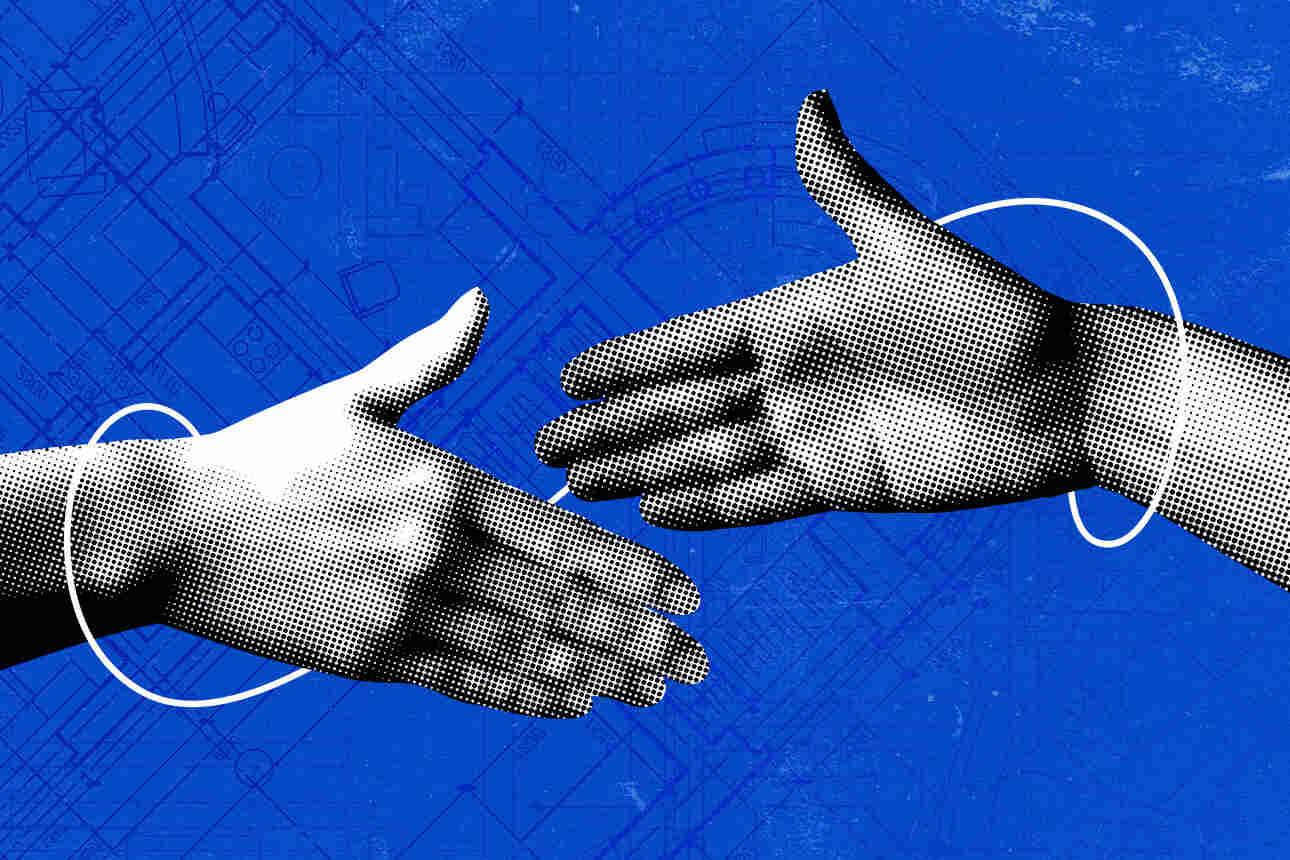Volvo Taps HCL Tech for Engineering Solutions
Swedish premium carmaker Volvo Cars has tapped HCL Technologies for end-to-end engineering and digital product lifecycle management (PLM) solutions, the Indian IT services firm said in statement.
Topics
News
- Adani Power Sets Up Nuclear Subsidiary
- Musk Unveils xAI Overhaul, Lunar AI Ambitions
- Former GitHub CEO Dohmke Raises $60 Million to Build AI Code Infrastructure
- Leadership Shakeup Deepens at xAI as Two Co Founders Exit
- India Slashes Social Media Takedown Window to Three Hours
- Cisco Moves to Relieve AI Data Center Gridlock With New Chip

Swedish premium carmaker Volvo Cars has tapped HCL Technologies for end-to-end engineering and digital product lifecycle management (PLM) solutions, the Indian IT services firm said in statement.
The strategic deal aims to support Volvo Cars’ push toward next-generation mobility, the statement said, without disclosing the financial terms.
Under the deal, HCL Technologies will deliver large-scale engineering services from its automotive Centre of Excellence in Gothenburg, Sweden, and its offshore and nearshore delivery centers worldwide.
HCLTech said the expanded partnership reflects Volvo Cars’ focus on innovation and sustainability.
“HCLTech is investing substantially in nextgen automotive engineering. This strategic engagement reflects our commitment to delivering high performance, future-ready engineering solutions that help shape the mobility of tomorrow,” said Pankaj Tagra, Corporate Vice-President of Manufacturing and Allied Industries, Europe, at HCLTech.
The agreement reinforces HCLTech’s role as a key engineering partner for global automakers.
HCLTech said it will use its strengths in digital, engineering, cloud, and AI to help Volvo Cars accelerate its transformation.
The partnership comes as the global auto sector faces fast-paced change driven by sustainability, safety, and digital innovation.
HCLTech has over 223,000 employees across 60 countries and reported consolidated revenue of $13.8 billion as of March 2025.






